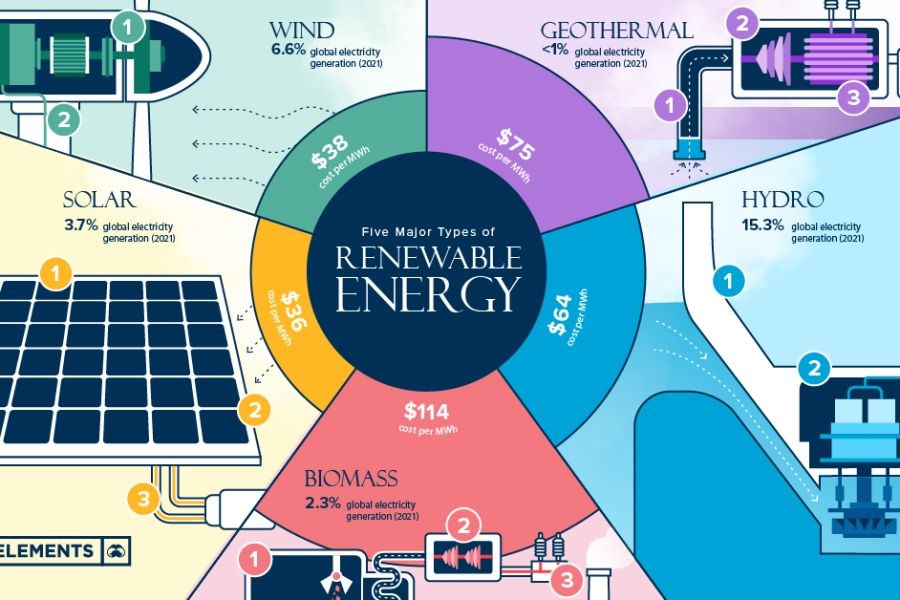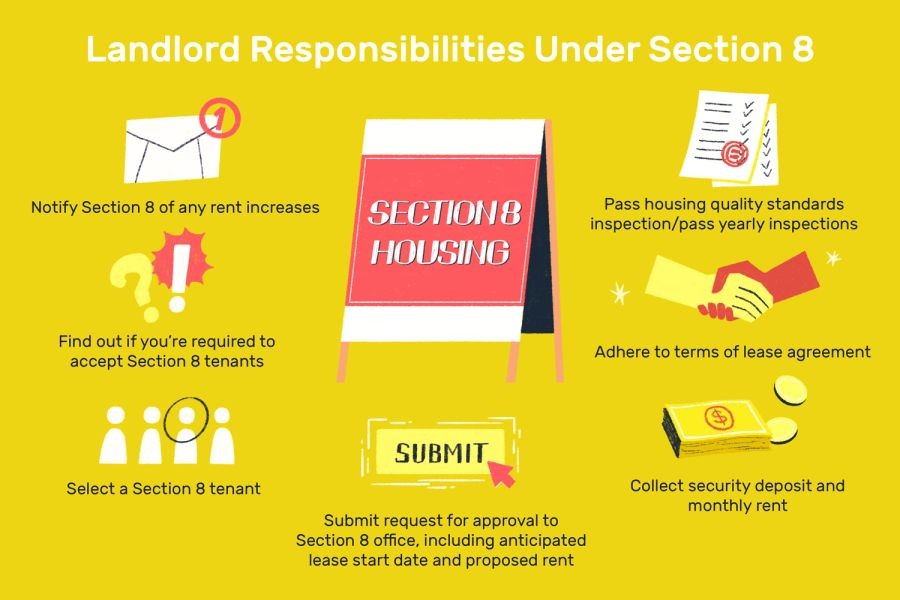New Zealand's economy has long been praised for its resilience and adaptability. However, recent trends suggest the nation could be heading towards a decade of stagnation. To understand this potential shift, we must consider various factors, including industry dynamics, economic policies, and global influences. This analysis will delve into why New Zealand might face economic stagnation, providing strategic insights for business consultants and local enterprises to navigate this challenging period.
Understanding the Economic Indicators
New Zealand's economic forecast indicates potential stagnation due to several factors. According to a report from Stats NZ, the GDP growth rate has been decreasing, with a mere 1.5% growth in 2023, compared to 3% in previous years. This slowdown signals a need for strategic adjustments in key sectors such as agriculture, tourism, and technology.
The Reserve Bank of New Zealand has also highlighted rising inflation rates, which reached 5.2% in 2023. This increase affects consumer purchasing power, potentially leading to reduced spending and investment. Furthermore, the global economic downturn has impacted New Zealand's export markets, exacerbating local economic challenges.
Case Study: The Impact on New Zealand's Tourism Industry
New Zealand's tourism industry, a cornerstone of its economy, exemplifies the potential stagnation challenges. In 2019, tourism contributed over NZD 16 billion to the economy. However, the COVID-19 pandemic led to a significant decline in international visitors, with arrivals dropping by over 90% in 2020 and 2021.
Despite efforts to revive the industry, including government incentives and marketing campaigns, the recovery has been sluggish. Businesses have had to adapt by targeting domestic tourists and diversifying their offerings. The slow rebound highlights the need for strategic innovation and resilience in the face of prolonged challenges.
Analyzing Industry-Specific Trends
Several industries in New Zealand are experiencing shifts that could contribute to broader economic stagnation. The agricultural sector, for instance, faces challenges due to climate change and evolving global demand. Farmers are under pressure to adopt sustainable practices, which requires investment and innovation.
Similarly, the technology sector, while promising, is grappling with talent shortages and rapid technological advancements. Companies must invest in upskilling their workforce and embracing digital transformation to remain competitive on a global stage.
Pros vs. Cons of the Current Economic Climate
Pros:
- Innovation Potential: Economic challenges can drive innovation and lead to the development of new industries.
- Government Support: Policies and initiatives to support sectors like technology and sustainability can foster growth.
- Resilient Workforce: New Zealand's adaptable workforce is well-positioned to navigate economic shifts.
Cons:
- Inflation Pressure: Rising costs can squeeze profit margins and reduce consumer spending.
- Export Dependency: Global economic downturns can significantly impact export-reliant sectors.
- Talent Shortages: A lack of skilled workers in key industries can hinder growth and innovation.
Future Trends and Strategic Recommendations
Looking ahead, New Zealand must focus on strategic initiatives to mitigate potential stagnation. Emphasizing digital transformation and sustainable practices will be crucial. According to a report by MBIE, businesses that embrace digital tools can improve efficiency by up to 30%.
Furthermore, fostering innovation through research and development incentives can create new opportunities. The government and private sector must collaborate to develop a skilled workforce, addressing talent shortages and preparing for future challenges.
Common Myths & Mistakes
Myth: "New Zealand's economy is too small to compete globally."
Reality: Despite its size, New Zealand is recognized for its innovative industries. By adopting a global mindset and leveraging technology, businesses can thrive internationally.
Myth: "Sustainability is too costly for businesses."
Reality: Sustainable practices can lead to cost savings and improved brand reputation. Companies like Fonterra have successfully integrated sustainability into their operations, enhancing efficiency and market appeal.
Final Takeaways
- Adapt and Innovate: Embrace digital transformation and sustainable practices to drive growth.
- Invest in Talent: Prioritize workforce development to address skills shortages.
- Leverage Government Support: Utilize available incentives and policies to foster innovation.
- Prepare for Global Shifts: Stay informed and agile to navigate global economic changes.
Conclusion
While New Zealand may face economic stagnation, strategic adaptation and innovation can pave the way for future growth. By focusing on digital transformation, sustainable practices, and workforce development, Kiwi businesses can overcome challenges and seize new opportunities. What's your next move? Share your thoughts and strategies for navigating this potential decade of stagnation in the comments below!
People Also Ask
How does economic stagnation impact businesses in New Zealand?
Economic stagnation can lead to reduced consumer spending and investment, affecting business revenue. Companies must innovate and optimize operations to maintain growth.
What are the biggest misconceptions about New Zealand's economy?
A common myth is that New Zealand's economy is too small to compete globally. However, with innovation and technology, Kiwi businesses can thrive internationally.
Related Search Queries
- New Zealand economic outlook 2025
- Impact of inflation on NZ businesses
- Strategies for sustainable business growth in NZ
- Digital transformation in New Zealand
- Future trends in New Zealand's economy
































MaruschkaV
2 months ago